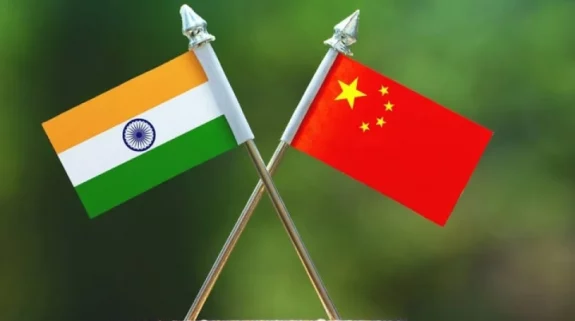Amid rising tension between European Parliament and Beijing, especially in the wake of human rights violations in Xinjiang that could lead to the former freezing investment agreements in China, funds could flow into India. But there is a caveat. India must focus on the vaccination drive to ensure maximum coverage – the only way to contain the spread of the deadly Covid 19 virus.
On Thursday, the European Union is set to pass a resolution aimed at freezing its investment agreements with China due to concerns over human rights abuse in the Xinjiang region.
Politico in a report also said that a draft motion has underlined the need to step up coordination with the US to deal with China.
Efforts are already on to resume talks for a possible free trade agreement (FTA). After 16 rounds of talks on India-EU Bilateral Trade and Investment Agreement (BTIA), which started in 2007 were suspended in 2013.
However, EU’s Ambassador to India Ugo Astuto, speaking at a webinar organised by India Writes Network, said that one of the most significant outcomes of the May 8 India-EU summit was the joint decision to resume negotiations for a mutually beneficial trade agreement.
“India, which offers a ready alternative to China as an investment destination due to its sheer size and diversity, is likely to benefit from the EU-China development. But here we must understand that India needs to tame the spread of Covid 19 virus at the earliest to ensure that it can once again project itself as an alternative investment destination,” DK Srivastava, chief policy adviser, EY told India Narrative. Srivastava added that the vaccination drive must be expedited.
“We want to work together with India in international fora in order to shape the global agenda such as WTO (World Trade Organisation) reform, and work together within the G20 framework,” Astuto said at the webinar.
The EU is India's largest trading partner accounting for 11.1 per cent of total Indian trade, on par with the US and ahead of China (10.7 per cent).
Though India has not signed any trade agreement since 2012. However, even as New Delhi opted out of the Regional Comprehensive Economic Partnership (RCEP), it is keen on inking trade deals with other economic blocs, a highly placed source said, adding that India could gain significantly amid a growing anti-China sentiment in many parts of the world. Such trade and investment deals will also push India's economic growth.




















